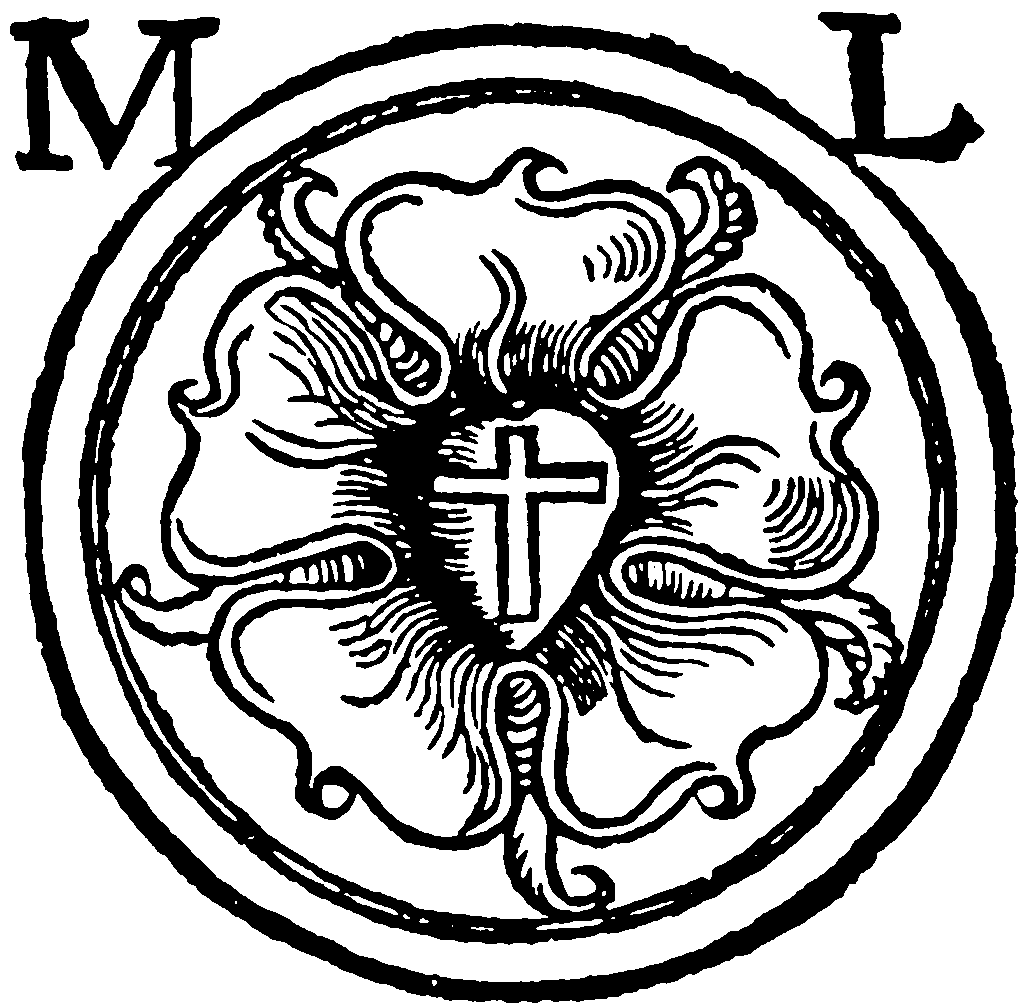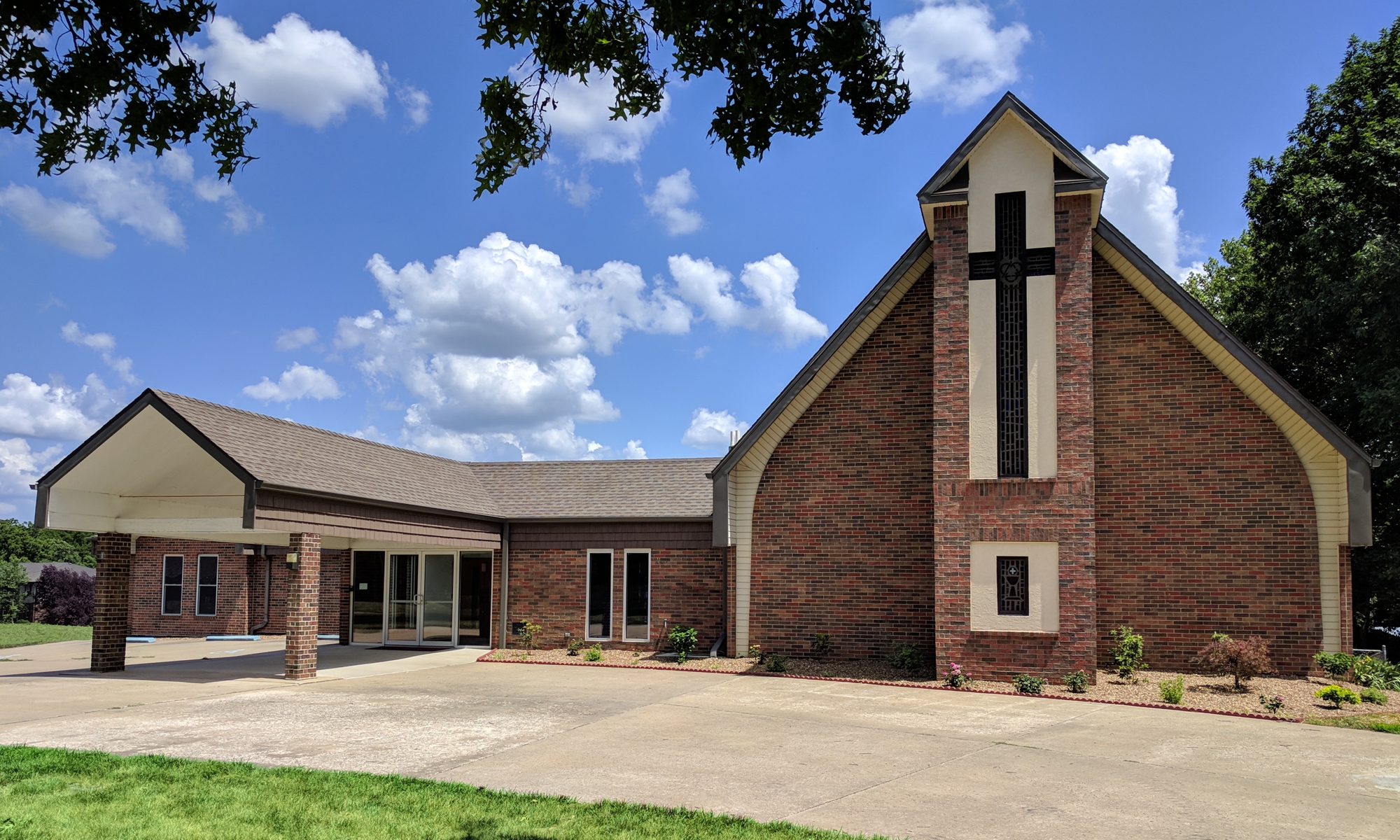
Lessons: Revelation 14:6-7, Romans 3:19-28, John 8:31-36
Hymns: LSB 645, 942, 947, 656, 953, 960, 865, 555, 617, 582
Grace, mercy, and peace to you from God our Father and our Lord and Savior, Jesus Christ. Amen.
In today’s Gospel, Jesus talks about abiding in His Word, being a disciple of Christ, knowing the truth, and being set free through the truth of God’s Word—without even using the words believe or faith. Yes, Jesus is speaking to those who believe in Him.
When reflecting on the Reformation, we often think about the alones (or, in Latin, the solas) of the Reformation. Grace alone. Scripture alone. Faith alone.
We emphasize these because they are very important, and they summarize some of the key issues at the time of the Reformation.
Grace alone shows that we had no internal goodness or natural righteousness for God to do what He did. Instead, God is gracious and chose to send His Son to save us from our many sins.
Scripture alone shows us that God reveals Himself and His ways solely through Scripture. We do not need academic scholars or church tradition to know who God is and what He has done. Holy Scripture constitutes the sole legitimate source and norm for all Christian teaching.
Faith alone shows that we are not saved by our works, but through our Lord Jesus Christ. Faith is worked by God the Holy Spirit and God delivers us salvation through faith.
Of course, all of these are still important to know and understand today. Our teaching has not changed since the Reformation. God Himself is unchangeable. So is His Word. We do not need any new revelations of His will and ways now that we’re in the 21st century. We have all inherited the same sinful flesh that Adam had. Salvation is offered in the same way as it always has.
The Church does not need to get with the times. Yet, we can say the Church is always in need of Reformation.
I remember reading the magazine The Lutheran back in 1998. It is the ELCA’s version of The Lutheran Witness. In that magazine they reported on our own Synod’s Convention in which Dr. Barry was reelected. The Lutheran criticized the Missouri Synod for being the same and not changing. They invited us to participate in the ongoing reformation in the spirit of Martin Luther.
Their understanding of the Reformation is much different than ours. The times were certainly changing at the time of the Reformation—504 years ago. The Renaissance was beginning, the New World had been discovered, and there was a marked increase in inventions. Europe was coming out of the Dark Age.
Some will connect these events with Luther’s nailing of the 95 Theses on this day in 1517 as a way to say the Church needs to fit the times. However, Luther was not trying to get the Church to match modern 16th century Germany. Instead, Luther was trying to get the Church to return to God’s Word. By that time, many Christian teachings had been distorted and corrupted. Services were only conducted in Latin, which most people did not understand. The people were not allowed to receive the Blood of Christ in Holy Communion. They were threatened with purgatory and taught to purchase indulgences. They were led to believe that the most holy living was to not have a family but become a monk or a nun and live in a cloister.
As the Reformation gained traction, the services began to be offered in the language of the people. They now had the opportunity to drink the Blood of Jesus each Sunday. Threats of purgatory were replaced with the splendid teaching of the Gospel. Christian vocation was taught as a way to live God-pleasing lives.
The Reformation was a return to the Bible. It recovered the biblical truth that we are saved by grace through faith in Jesus Christ alone.
So when our Church body still teaches the same things as the Christian Reformers did, we should not be criticized or be asked to engage in an ongoing Reformation.
The ELCA’s drive for an ongoing Reformation is caused by their rejection of Scripture alone. They do not believe the Bible is true from cover to cover. That church body teaches that portions of Scripture are mythical or irrelevant to our modern context. You can read all about their false beliefs in their version of the Lutheran Study Bible. Sadly, many other mainline Christian denominations teach the same.
In contrast to their modern liberal agenda, Jesus teaches true discipleship in today’s Gospel. He says, “Abide in My Word.”
We don’t abide in majority votes at conventions. We don’t abide in personal opinion. We don’t abide in the trends of the day. We don’t even abide in a person like Luther. For the Reformation is not hero-worship. It is abiding in the Word of Christ. The Reformation recovered the Gospel of Jesus Christ.
Yet, the Church is still in the need of Reformation—not to update herself to match the times, but the Church is always in need of returning to Christ and His Word.
For it is very easy to go off-track. It is easy to lose our focus and lose our way. The abuses that existed in the Church at the time of the Reformation did not arise overnight. They came about gradually. Sometimes those changes came about so slowly and subtly that the people did not even realize that the Church had changed her position or lost her way on certain matters.
The devil knows that introducing false belief slowly is much easier than trying to get everyone on board overnight. And so we must, as Jesus teaches, “Abide in His Word” and “Know the Truth.”
Abide in His Word. Know the Truth. This involves more than just going through Confirmation. This means a lifelong study of God’s Word. It means going to Church week after week. It means reading the Scriptures. It means engaging in Devotions. It means Bible Study.
That way, you can know the truth, be a disciple of Christ, and be set free from your sin, from death, and from the devil.
When we look at church attendance rates among those who call themselves Lutheran, when we look at how many people eventually land in other churches that do not have the pure Gospel, when we look at how low Biblical literacy is among those who sit in our pews, and when we look at how few people study Scripture and pray outside of Sunday morning services, we can see that many are not abiding in God’s Word nor do they know much of the truth.
From this, we can see that the Reformation remains necessary.
One area that is widely misunderstood and needs Reformation is the concept of faith. Faith is a gift of God. It is worked by God the Holy Spirit through the Word of God as Jesus teaches in John 6:29. Faith clings to that which is outside of us. That is, faith clings to the Gospel of Jesus Christ, since Jesus alone died for us.
Yet society has changed faith into something that is very unbiblical and goes completely against the true meaning of “Faith Alone.” Many now understand faith to be something that a person creates in himself and when he feels he has it, then he has convinced himself that he is going to heaven. Now, you may be thinking, “That’s exactly why we need faith. To go to Heaven.” That is true. But this is where the error arises: some think that they have worked faith in themselves so that they do not need to actually Abide in Christ’s Word or even Know the Truth. There are many who say they have faith, yet they do not teach their children the Faith, they do not go to Church, they do not listen to what God says is godly living, and they do not support the Gospel in their midst through the various forms of stewardship.
Anyone can say they have faith. But faith in what? And if they have faith, why don’t they demonstrate it by hearing Christ and receiving His gifts? True faith will guide them to Abide in His Word and to Know the Truth.
The second error is that many turn faith into mere opinion. One will say, “I believe this” and another will say, “I believe that.” Many firmly believe things that are not biblical. When people believe things that contradict the Scriptures, their belief is not to be regarded as true faith. Their belief is false belief. When we pray “Lead us not into temptation,” we are praying that “God would guard and keep us so that the Devil, the world, and our own sinful nature will not deceive us or mislead us into false belief, despair, and other great shame and vice.”
Through faith, we personally receive what Jesus earned for us on the cross. That is, we receive forgiveness of sins. This is given to us individually by grace through faith in Jesus.
Faith itself is not personal. That is, faith is not one’s opinion. While we personally receive forgiveness through faith, we do not reduce faith into individual thoughts. For faith is something far greater than that. Faith is worked by God the Holy Spirit. Through this faith, God acquits sinners of their sin, covers sinners with the righteousness of Christ, declares sinners acceptable to Heaven, and adopts us sinners as sons of God. That’s why we talk about faith in an objective sense. We confess the Faith. We do so as we confess the Creeds of the Church. Faith clings to Christ and His promises.
Faith is a marvelous working of God. For if you abide in His Word, you are His disciples indeed. And you shall know the truth, and the truth shall set you free.
God the Son sets you free through His death and resurrection. His Spirit sets you free by working in you the true faith.
If the Son sets you free, you shall be free indeed! Amen.
The peace of God which passes all understanding keep your hearts and minds in Christ Jesus to life everlasting. Amen

